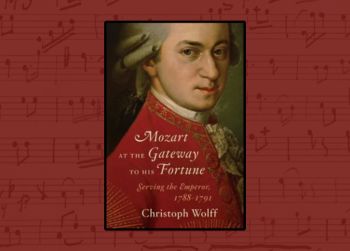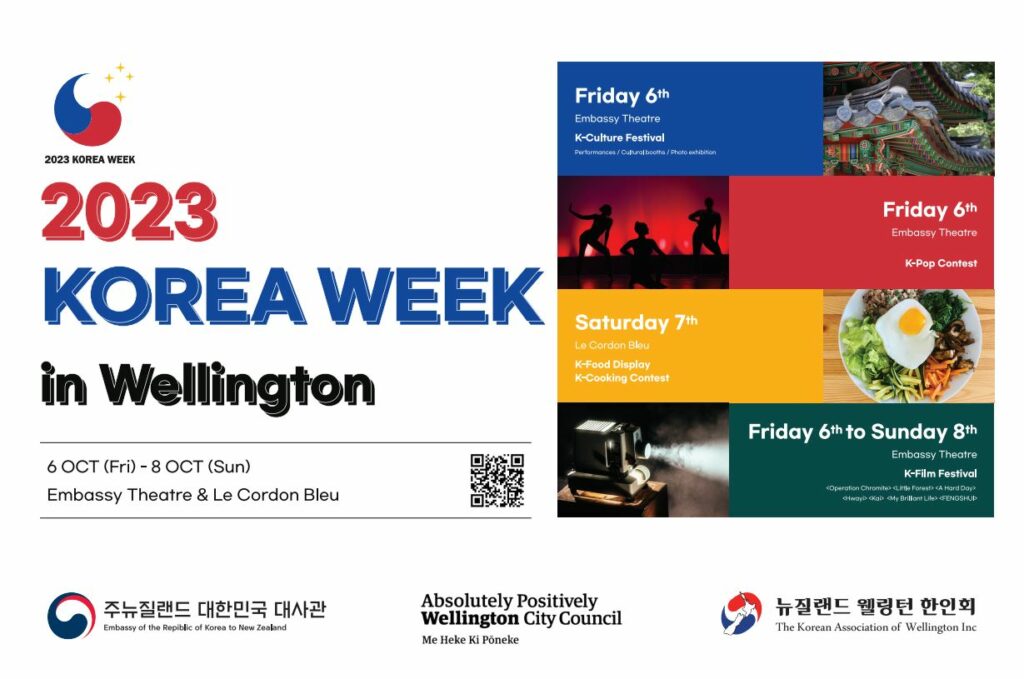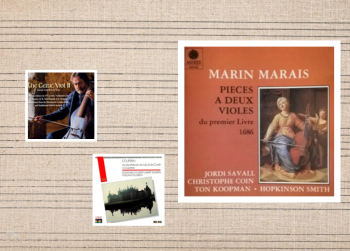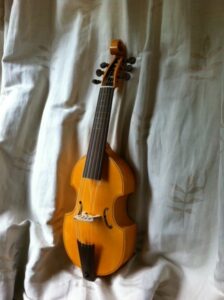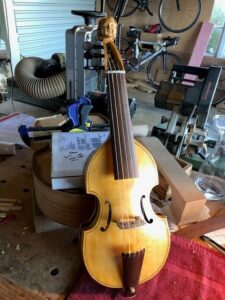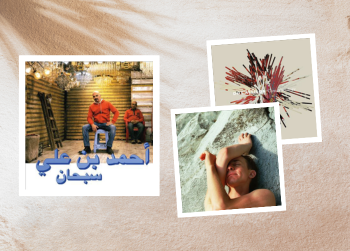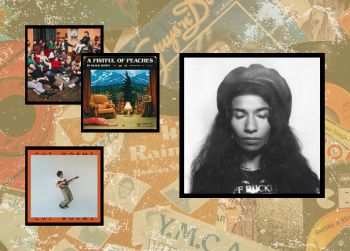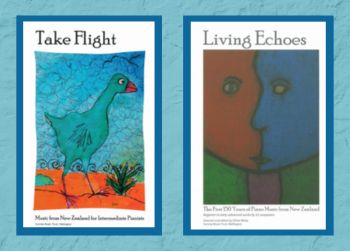via GIPHY
Statler: Well, it was good.
Waldorf: Ah, it was very bad.
Statler: Well, it was average.
Waldorf: Ah, it was in the middle there.
Statler: Ah, it wasn’t that great.
Waldorf: I kind of liked it.”
-‘The Muppet Show’.
I’m Mark, the Music & Film Specialist at Wellington City Libraries. I buy music for the CD & Vinyl collections, and also run the Libraries’ Wellington Music Facebook page). My Music Specialist colleague Sam, and Fiction Specialist (and avid music fan) Neil, join me every month to cast an eye over the new material we have been buying for the music collection at our CBD Te Awe library. We pick out some interesting titles across a range of music genres, and try to limit our reviews to a few lines only. Can we encapsulate an entire album in just a couple of lines? [Ed. This is probably unlikely at this point]. Do we actually know anything about new music? Or, are we just too old to understand what most of this is banging on about? [Ed. This is more than likely]. Read on to find out…
 Subhana / Ben Ali, Ahmed
Subhana / Ben Ali, Ahmed
Neil says: The Habibi Funk label has justifiably gained an international reputation for bringing to light shamefully neglected surprising and unexpected albums from the Arab World. We at WCL music love the label and have reviewed many of their previous outings. And their latest release continues this trend with Libyan reggae artist Ali Ben’s self-produced ‘Subhana’ album. Libyan reggae has been a big genre in that country since the 1970’s, and the explosion of reggae worldwide caused by Bob Marley’s releases. It’s an intoxicating, unique and uplifting mix sounds that incorporate reggae, traditional Libyan Folk, synths, zokra and even Libyan mizwad bagpipes. Definitely well worth a good listen and highly recommended.
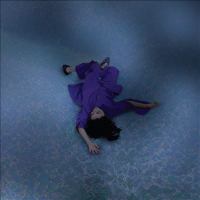 ¡Ay / Dalt, Lucrecia
¡Ay / Dalt, Lucrecia
Sam says: Lucretia Dalt is an experimental musician from Colombia who is currently based in Berlin. Through the use of traditional percussion, trumpets, clarinets, string and wind instruments, ‘¡Ay!’ features an immediately organic sound. This is nicely balanced by a stark and inventive production style, with Dalt’s sleek and airy vocals adding a sense of human warmth to the eclectic smorgasbord of sounds. Lyrics are delivered in her native Spanish and deal with a variety of esoteric philosophical subjects across the album’s ten tracks. The combination of classic jazzy instrumental elements with modern technical approaches creates a quirky aesthetic that is fully her own. ‘¡Ay!’ is truly unlike anything else you will hear this year.
Neil says: ‘¡Ay!’ is an ambitious and experimental yet highly approachable album from Lucrecia Dalt. It is an amazingly accomplished work, that is in part a Colombian science fiction musical narrative about an extra-terrestrial visiting earth, and it is also simultaneously a statement on cultural identity. It embraces and redefines, in a very relatable and unique fashion, genres such as bolero, classical and jazz. All from a Latin-American perspective, widening these genres to suit the narrative thread of the work. All these elements are seamlessly woven in. It is unique and brilliantly daring, yet strangely familiar. For example, tiny elements sound like reimagined fifties science fiction film soundtrack music.
Continue reading “September’s New Music for Te Awe: Part 1” →


